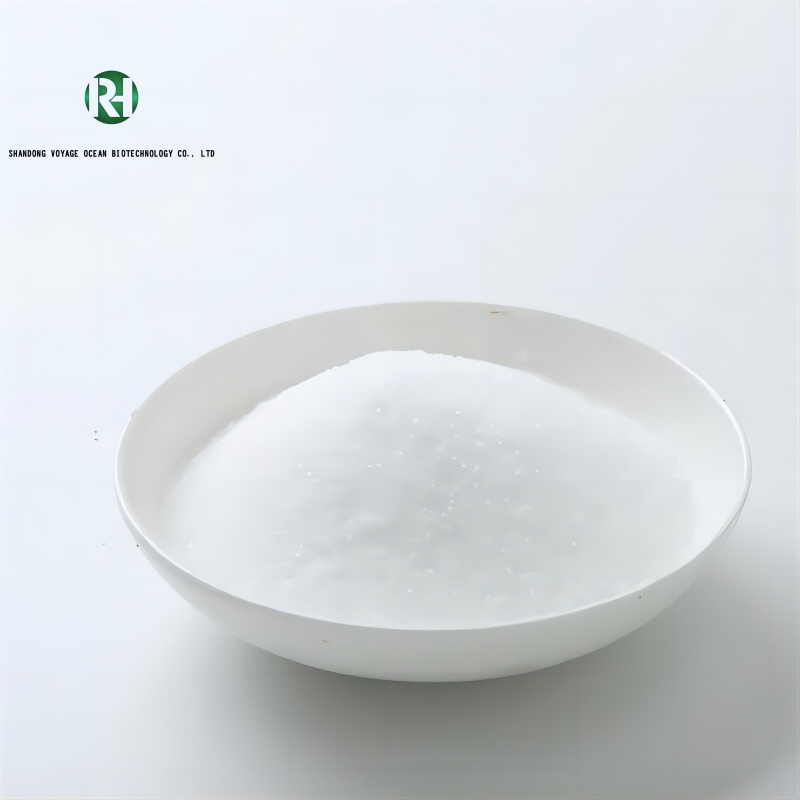These drugs can't be used at the basic level! Including azithromycin (injection) and other common drugs
-
Last Update: 2019-10-30
-
Source: Internet
-
Author: User
Search more information of high quality chemicals, good prices and reliable suppliers, visit
www.echemi.com
[industry trends of pharmaceutical network] recently, Sichuan Health Committee issued the notice on further improving the management of clinical application of antibacterial drugs, determined to establish the Sichuan Expert Committee on the rational use of antibacterial drugs, and published the 2019 version of the directory of hierarchical management of clinical application of antibacterial drugs, some of which can no longer be used at will by grass-roots medical institutions Comparing with the original catalogue, the author found that the 2019 edition of the catalogue for clinical application classification management of antimicrobial drugs involved 155 varieties, including 53 non restricted use grades, 62 restricted use grades, and 40 special use grades In addition, some new drugs, such as ceftriazole, ertapenem, azithromycin (injection), pazufloxacin, were added to the list of special use levels Azithromycin (injection) and ceftriazole were used as antibacterial drugs in grass-roots With the further adjustment of the catalogue, these drugs may be difficult to appear on the prescriptions of grass-roots doctors Due to the long-term unreasonable drug use habits in China, there are many problems such as abuse of antibiotics and excessive infusion At present, the classification of antibacterials has become a special system which is emphasized and controlled by the national health department in the medical institutions In recent years, from the top three hospitals to the grassroots level, the state has been carrying out reform and renovation From the promulgation of the measures for the administration of clinical application of antibacterial drugs to the promulgation of relevant documents on the administration of antibacterial drugs in March this year, the top-down reform of antibacterial drugs has been continuously and continuously upgraded As early as 2012, the former Ministry of Health issued and implemented the measures for the administration of clinical application of antibacterial drugs, requiring medical institutions to strictly control the varieties and quantity of antibacterial drugs purchased and used: in principle, there are no more than 50 varieties of antibacterial drugs in the third level general hospital and no more than 35 varieties of antibacterial drugs in the second level general hospital Subsequently, Shanghai, Shandong, Zhejiang and other provinces and cities successively released the Classified Management Catalogue of antibacterial drugs, and nearly 50 varieties of antibacterial drugs were included in the list of restricted use At present, a dynamic adjustment mechanism has been formed In March of this year, the national health and Health Commission issued the notice on continuous management of clinical application of antimicrobial drugs, which made it clear that medical institutions should implement the catalogue of antimicrobial drug supply and the selection and evaluation system, comprehensively consider new drugs and new technology application technology, and make reasonable dynamic adjustment to the supply of antimicrobial drugs This time, the health and Health Commission of Sichuan Province released the 2019 version of the catalogue of classified management of clinical application of antibacterial drugs, which means that the restrictions on the use of clinical antibacterial drugs will be further tightened, especially the grass-roots medical institutions will be the focus of future remediation, and the threshold and standard for the use of antibacterial drugs will be higher and stricter in the future With the strict control of antibiotics by the state, the management of antibiotics in medical institutions has become more and more perfect However, it should be noted that while the state vigorously regulates the abuse of antibiotics, it also makes the use of medical institutions begin to decline According to the data of the national health and Health Commission, in 2017, the proportion of antibacterial revenue in total drug revenue has decreased from 15.1% in 2011 to 11.1% in 2017 The utilization rate of antibacterial drugs in inpatients of member units of the center has also decreased from 59.6% in 2011 to 36.9% in 2017 Therefore, some insiders believe that with the continuous upgrading of "anti drug restriction order", the market of antibacterial drugs will continue to shrink With the promotion of policies such as post market re evaluation of injections and consistency evaluation of generic drugs, it is only a matter of time before a large number of drugs are eliminated Seeking transformation will become the top priority for the future development of pharmaceutical enterprises.
This article is an English version of an article which is originally in the Chinese language on echemi.com and is provided for information purposes only.
This website makes no representation or warranty of any kind, either expressed or implied, as to the accuracy, completeness ownership or reliability of
the article or any translations thereof. If you have any concerns or complaints relating to the article, please send an email, providing a detailed
description of the concern or complaint, to
service@echemi.com. A staff member will contact you within 5 working days. Once verified, infringing content
will be removed immediately.







